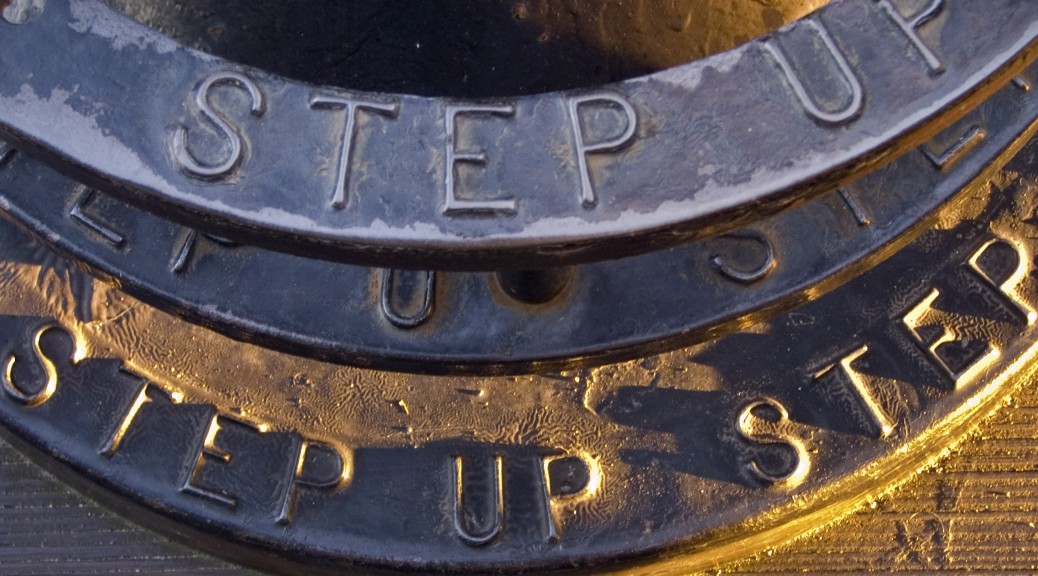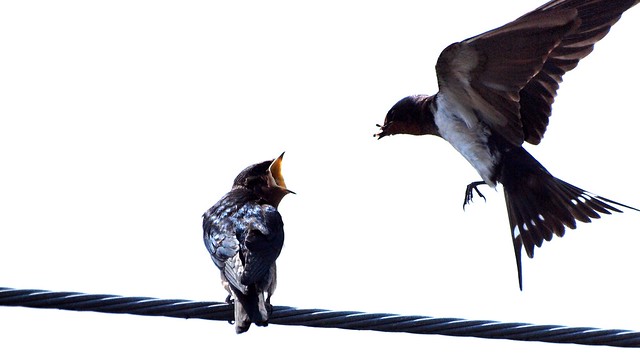Featured in Tedx Talks, archaeologist Sada Mire discusses how cultural heritage is a basic human need. Through her experience with African culture ( in her video she primarily discusses Somalis), she explains how the women recalled ancient traditions,such as rug weaving, and hut construction passed down from generation to generation. Sada was surprised the women did not place importance on the actual tangible objects which archaeologists revered, and prized over, but the knowledge on how to construct such ‘artifacts.’ While on this archaeological expedition, when speaking to the Somalian women she discovered they did not care for the very artifacts she searched for, as they could construct their own, but they cherished the memories and experiences associated with their own version of these objects. She explains to the conference this knowledge of their cultural heritage provides future generation with the knowledge to survive in their environment, deeming cultural heritage as a basic human need. When incorporating this source into my project I originally used it to convey the that objects gains significance and meaning through individualistic perspective. In the case of this source, individualistic changes to a culture’s perspective but the same theory applies. What I found interesting about this source is it provides an answer to why the actual tangible object is necessary. One thing I questioned Mire about was concerning her overall statement saying cultural heritage is a basic human need essentially states the oral communication of these tradition is necessary but not the actual object. She doesn’t place much emphasis on the actual artifacts and objects she discusses. Yet without the tangible object to display and use an anecdote, oral communication might not suffice by itself.Hence this proposes the question how necessary are these objects in correlation with cultural heritage and basic human needs. Without the object how necessary would culture heritage become for a basic human need? This source brought to mind how necessary objects become for not just individuals but societies and cultures as a whole. Myself now being a materialistic person, I don’t believe one really needs any of much objects for a survival and that our society is over-indulgent. Yet I’ve learned that objects provide genuine use for humans. Not just the knowledge or practicals it provides, but also the feelings and memories we associated with them giving us our unique sense of self and humanity.

